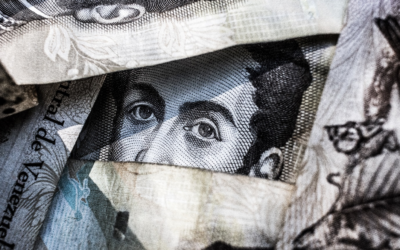“Rule of law” is the principle that clear laws and legal frameworks should be applied fairly and to all parties within a society, without arbitrary use of power. According to the European Commission, “Under the rule of law, all public powers always act within the constraints set out by law, in accordance with the values of democracy and fundamental rights, and under the control of independent and impartial courts. The rule of law includes principles such as legality, implying a transparent, accountable, democratic and pluralistic process for enacting laws; legal certainty; prohibiting the arbitrary exercise of executive power; effective judicial protection by independent and impartial courts, effective judicial review including respect for fundamental rights; separation of powers; and equality before the law.”
Rule of law ensures that legal frameworks are fairly applied to all businesses, regardless of their ownership and/or ties to government officials. As such, rule of law also helps to ensure human rights abuses are effectively prevented, addressed, and remedied.
Major barriers to rule of law include: poor governance, abuse of power, organized crime, arbitrary application of the law, authority disregard for the law, and authoritarianism.
Corruption is another major challenge to effective rule of law. Corruption has significant negative impacts on human rights, especially as they relate to business and commercial interests. Businesses that have engaged in corruption are less likely to face accountability and justice for human rights violations, as the relevant state parties are often ‘dissuaded’ from investigating, punishing, and preventing rights abuses by these companies. As such, human rights abuses are often allowed to continue and are left unremedied.
For more information, visit the Global NAPs pages on corruption and corporate law and governance.







